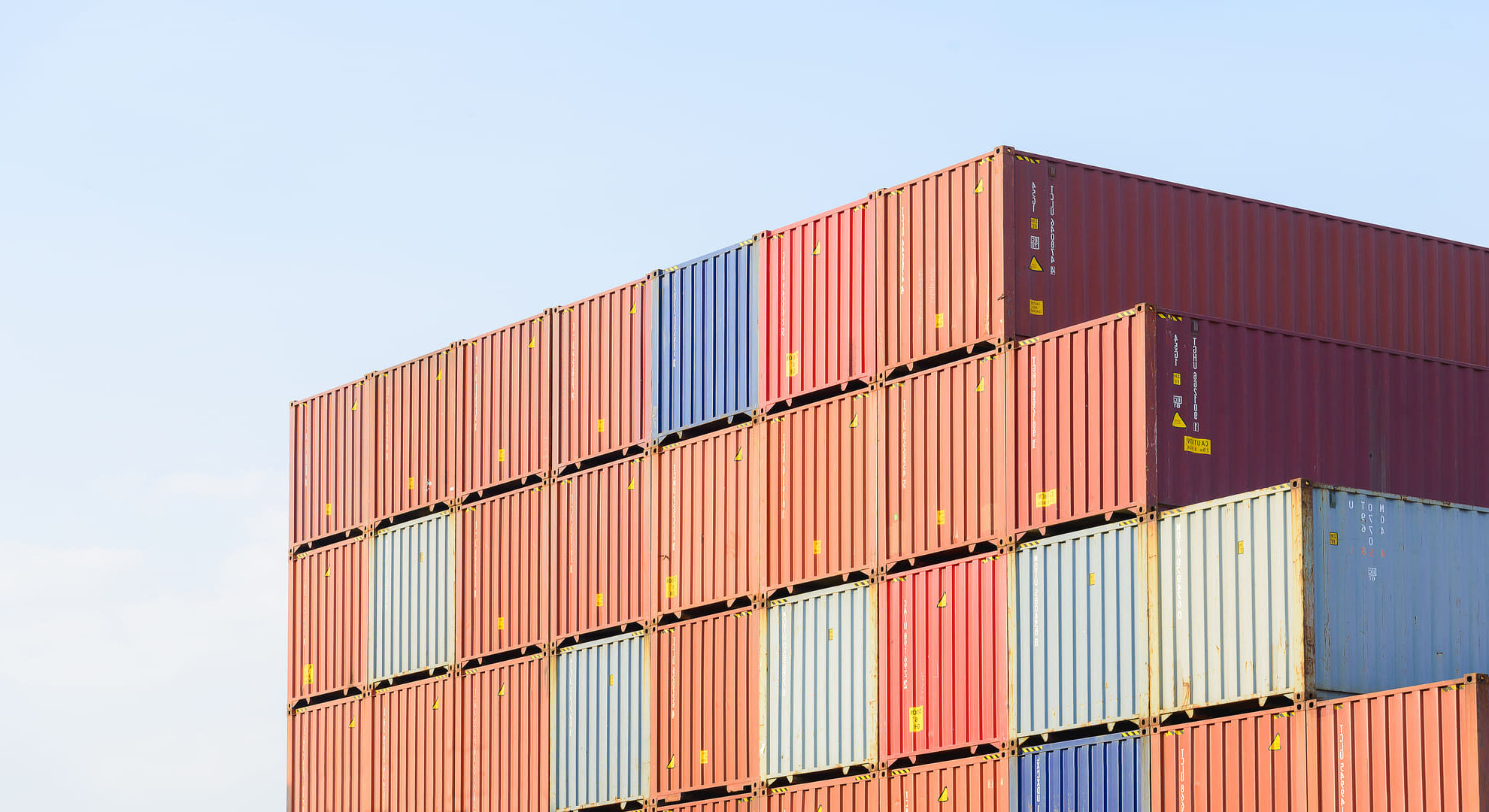Date of publication: 22 April 2020
Olena Omelchenko, Partner, Attorney at Law, Head of International Trade Practice
Source: European Pravda
The world is rapidly changing under the raging coronavirus pandemic – and international trade is no exception. Borders closure is inflicting an unjustified economic damage to many countries, including Ukraine. In such situation, some countries use the coronavirus as an excuse to introduce protectionist measures. This is a new challenge and Ukraine must be prepared to face it.
Turkish call
Turkey was the first (at least when it inflicted an effective influence onto Ukrainian exports) to introduce such measures. Ankara has imposed restrictive measures towards commercial vehicles and truck drivers crossing the Turkish border and found themselves quarantined for 14 days. The strict quarantine rules were adopted without notice, affecting not only Ukrainian citizens but also citizens of 65 other countries who got into the risk zone.
However, at the same time, Russian and Belarusian companies were allowed to carry out transportation activities for a long time, even when it was forbidden to forwarders from other countries.
Turkish-Bulgarian border has become the place with the greatest number of problems.
The blocked Ukrainian forwarders were allowed to cross the border only due to the diplomatic talks at the level of the Presidents of both countries.
How were justified such restrictions?
According to the rules imposed by the WTO agreements, member-states may temporarily withdraw from their obligations in exceptional circumstances, such as those required for the protection of life or health of humans, animals and plants.
However, such measures should not be applied by resorting to arbitrary or unjustified discrimination between countries or to a hidden restriction of international trade.
According to the Association of International Road Carriers of Ukraine (AsMAP), restrictive measures are being applied to all foreign forwarders. Now Turkey allows their admission to its territory only after a 14-day quarantine.
The paradox is that according to WHO, Turkey ranks sixth in the list of European countries with the highest number of confirmed COVID-19 cases, while Ukraine ranks 22-nd.
Ukraine is ready to respond
Ukraine acted surprisingly determined to resolve this controversial issue. Recently, the Cabinet of Ministers issued a decree temporarily restricting crossing the Ukrainian state border on a reciprocity basis.
Now, Ukraine may apply corresponding reciprocal measures towards drivers and crew members of cargo vehicles, air and sea, river vessels, members of train and locomotive teams from the countries that have established restrictions on crossing their own state border from Ukraine.
Today, it is still unknown how the Ukrainian authorities will implement these restrictions, especially towards WTO members, in particular Turkey.
However, it is already clear that such a decree will make it possible to conduct more productive diplomatic negotiations with Ankara to unblock the movement of goods by Ukrainian forwarders.
Naturally, Turkish side may delay such negotiations, given the temporary nature of such measures, and Ukraine, being pressured by Ukrainian forwarders, may resort to the introduction of “mirror” restrictions subject to the Cabinet’s decree.
It should not be forgotten that the reciprocity principle can be applied not according to the type of transport, but depending on the economic component or towards all types of transport.
Moreover, Ukraine has determined that such restrictions can be applied not only to road transport, but also to air, sea and river vessels.
Obstacles to Turkish forwarders of all types of transport will probably make Turkey reconsider its decision or rather arrive to a mutually acceptable solution.
New risks
First of all, it should be recognized that the example with Turkey is not accidental.
Most likely, such restrictions will become permanent. And it is high time to pose a question: how can Ukraine respond to these challenges?
Now the WTO is predicting three possible scenarios for the recovery of the global economy after the impact of COVID-19 (optimistic, moderately optimistic and pessimistic).
However, under any scenario (from fairly optimistic to pessimistic), the WTO predicts an increase in costs associated with international trade, which will be caused by a number of reasons, in particular, strengthened border control measures, as well as measures taken by the states within their trade policy actions.
The situation is being deteriorated due to the fact that the operation of the WTO Dispute Settlement body is still blocked. Consequently, new protectionist restrictions will remain “unpunished”, which will encourage states to take advantage of them more and more consistently.
Affecting this is out of scope of Ukraine’s influence.
However, another important issue can be quickly and efficiently resolved.
Although Ukraine has been holding the WTO membership for 12 years, it still has not incorporated general and security exceptions into its national legislation that could give the country a legal opportunity to expeditiously protect its national interests on a temporary basis.
The economic crisis caused by the pandemic brings this issue to the frontline.
Indeed, the search for response measures to new challenges only in the “manual mode” can be effective only at the initial stage.
Therefore, it is worth being prepared for new challenges today. Especially, we do not have much time to prepare.
